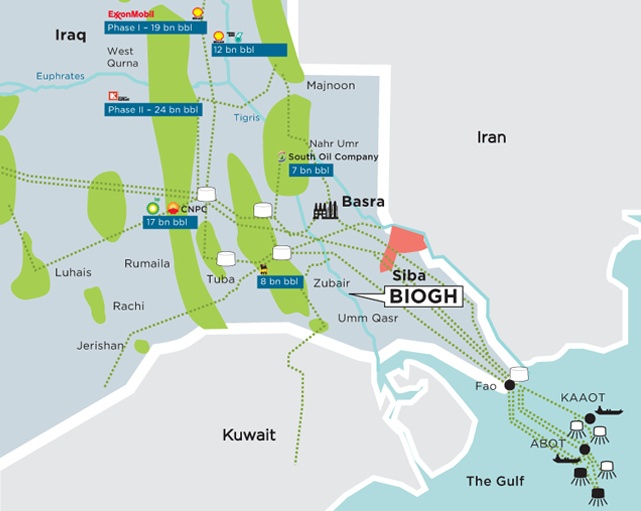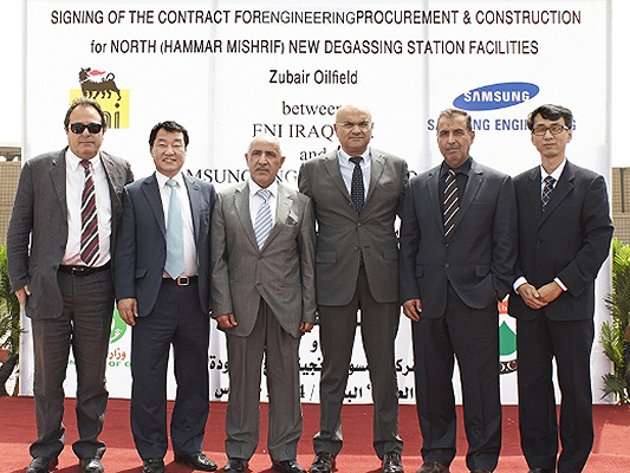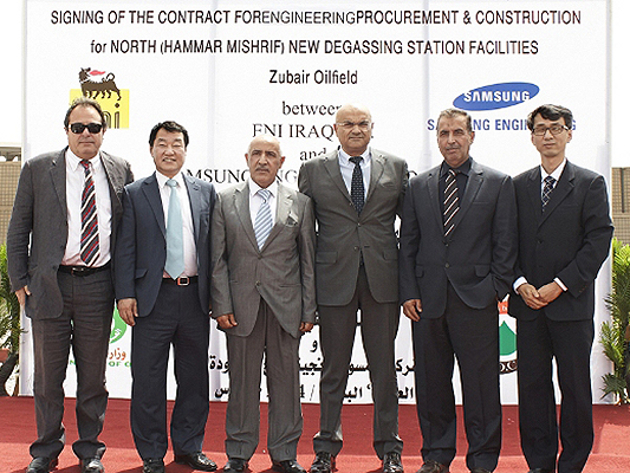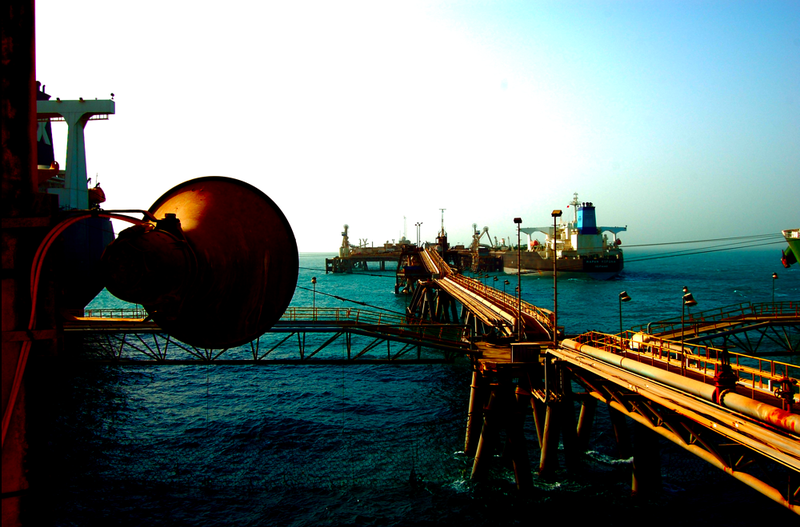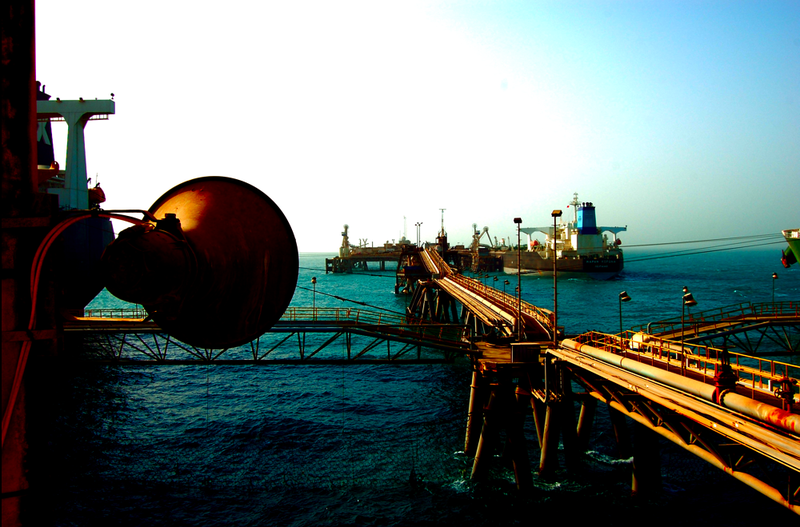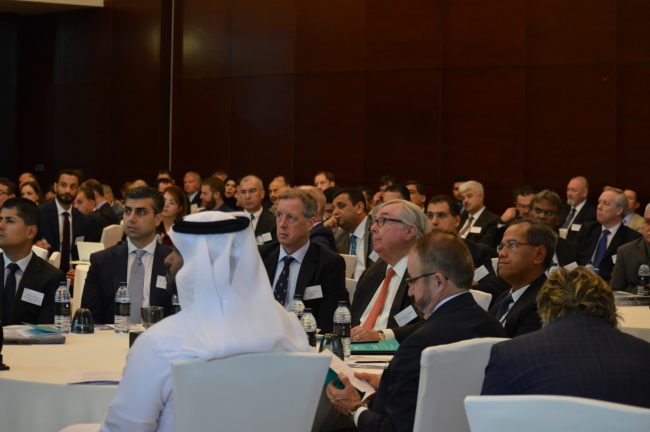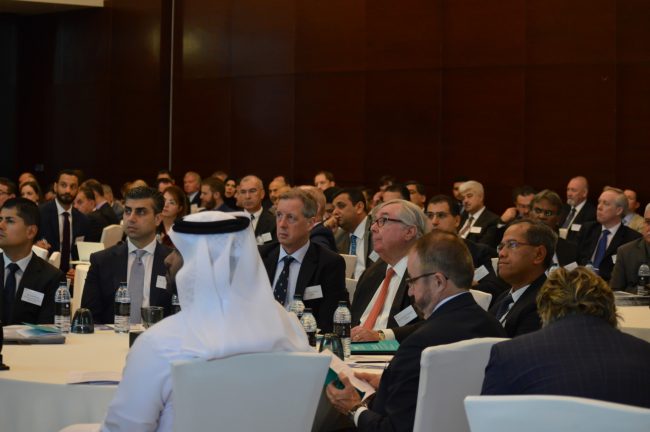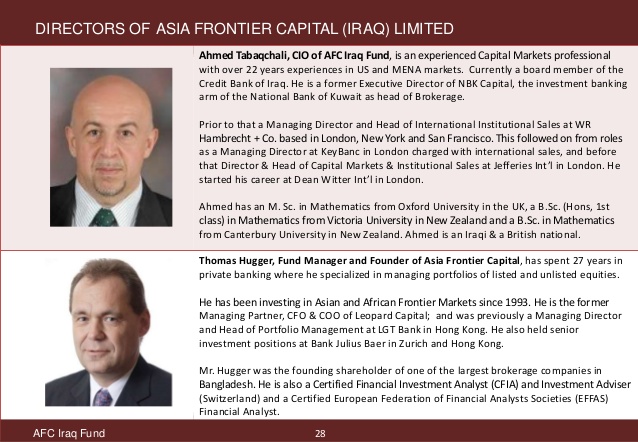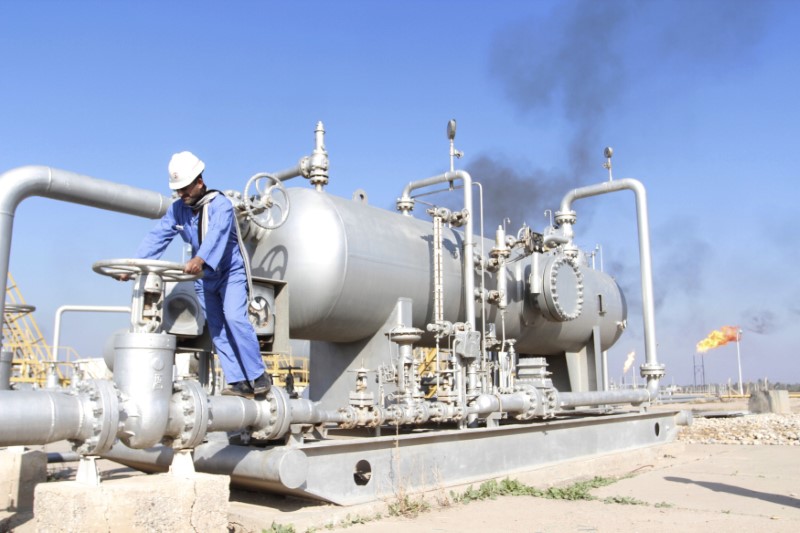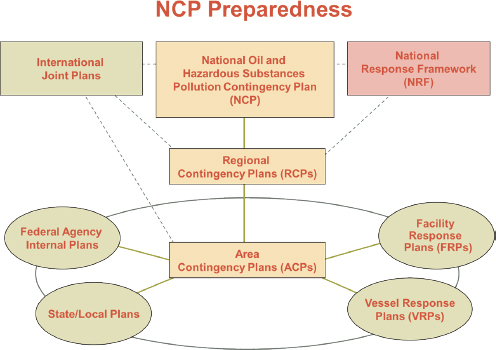Provincial Council of Basra formulates strategic plan to contribute to effective management of the oil and gas sector
The southern Governorate of Iraq, Basra, now has a three-year strategic plan for oil and gas.
As a key pillar of Basra’s economy, this industry is supposed to employ thousands of workers and generate billions of dollars of revenue each year. Unfortunately, the industry is falling short of its expected developmental goals.
It has been assessed that the industry’s performance can be boosted through sound management and improved capacity and expertise. The Provincial Council of Basra is seeking to address this issue, in part, with its Committee for Oil and Gas.
Highlights
- Starting November 2016, UNDP worked closely with the Committee for Oil and Gas to develop the strategic plan
- Amongst objectives of the plan is to generate employment, whilst considering related social and environmental impacts
- The industry’s performance can be boosted through sound management and improved capacity and expertise
To this end, the Committee has formulated a strategic plan with the support of the United Nations Development Programme (UNDP). This support was channeled under the Basra Compact agreement signed between UNDP and the Governorate of Basra in 2015 to provide the Governorate with technical assistance in major thematic areas, including strategic planning.
Starting November 2016, UNDP worked closely with the Committee for Oil and Gas to develop the strategic plan. In July 2017, the Provincial Council of Basra endorsed the first draft, and approved the final version for printing in September 2017. Hundreds of copies were distributed to relevant stakeholders in October 2017.
Chairman of the Committee for Oil and Gas, Mr. Ali Shaddad Al Fares, said:
“We believe in the importance of strategic planning to achieve comprehensive, sustainable development in all aspects of life. Given that oil and gas are the most important sources of Iraq’s national wealth at the present time, the Committee for Oil and Gas had to follow a scientific methodology in planning for the future of Basra.”

